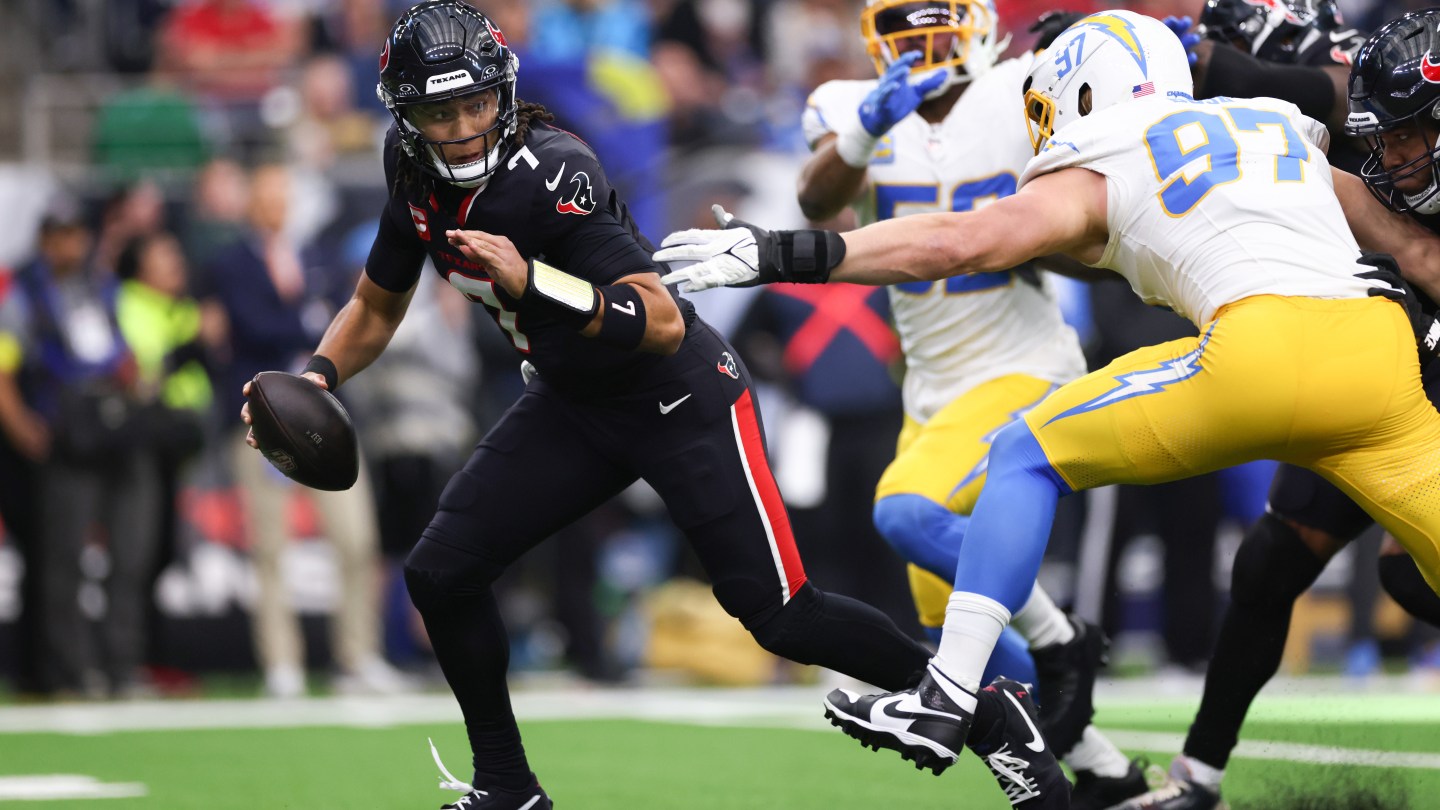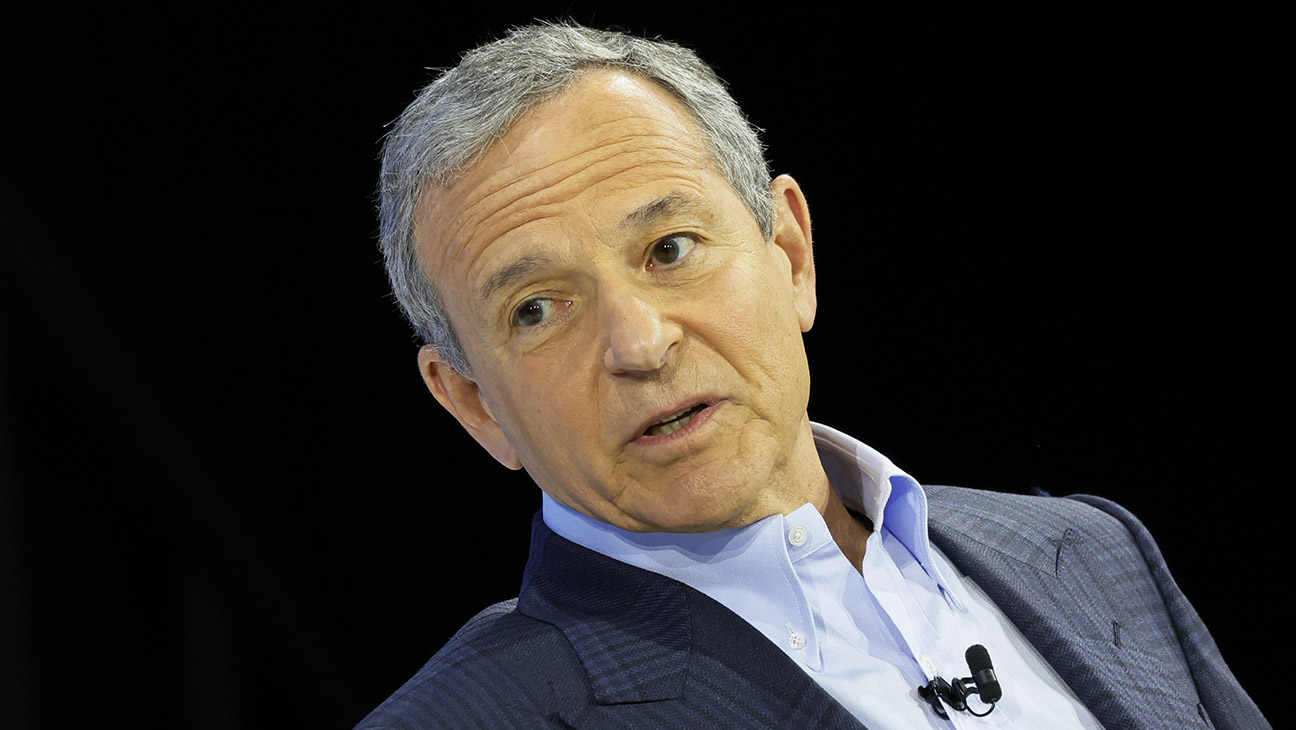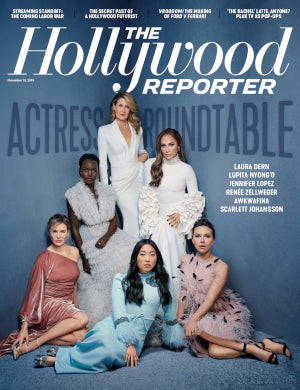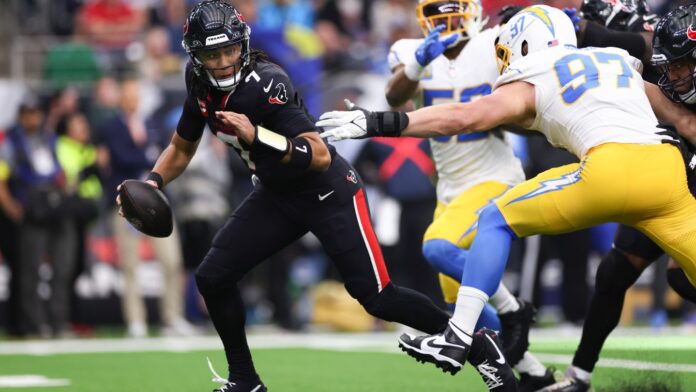“Buckle up, folks! The world of streaming just got a whole lot more interesting. In a shocking turn of events, Disney’s Venu has found itself in the crosshairs of an antitrust lawsuit, courtesy of a disgruntled Fubo subscriber. The Hollywood Reporter has broken the news, sending shockwaves through the industry. It’s a battle that pits the House of Mouse against a frustrated viewer, who claims that Venu’s subscription rates are nothing short of price-gouging. But what’s behind this sudden legal showdown, and what does it mean for the future of streaming? Dive in with Morningpicker to unravel the drama and get the inside scoop on this developing story!”
The Venu Fallout: Disney’s Antitrust Woes

Disney’s recent abandonment of its sports-focused streaming service, Venu, has sparked renewed scrutiny of the entertainment giant’s market dominance in the sports streaming sector. A proposed class action lawsuit filed by a Fubo subscriber in a New York federal court alleges that Disney’s anticompetitive conduct, driven by its ownership of ESPN, has stifled competition and inflated subscription prices for live TV streaming services. This legal challenge raises critical questions about the future of competition in the rapidly evolving sports streaming landscape.

Disney’s Dominance in the Sports Streaming Market
ESPN’s Stranglehold
Disney’s ownership of ESPN, the undisputed king of sports broadcasting, grants it a formidable monopoly over sports content. This dominance compels rival streaming services to carry a plethora of non-ESPN channels as a prerequisite for licensing the coveted sports network. This practice, known as bundling, has far-reaching implications for consumer choice and market competition.

Bundling Requirements
Disney leverages its ESPN ownership to impose bundling requirements on distributors, forcing them to carry numerous expensive, often unpopular channels as part of a package deal. This “take-it-or-leave-it” approach significantly increases the cost of live TV streaming services for consumers, who are compelled to pay for channels they may not watch.
The Impact on Competition
Disney’s bundling requirements create an uneven playing field for competing streaming services like Fubo. By controlling access to ESPN, Disney effectively stifles competition and limits consumer choice in the sports streaming market. This lack of competition can lead to higher prices, fewer innovative offerings, and a diminished consumer experience.
Fubo’s Lawsuit Against Disney: A Battle for Consumer Choice
The Proposed Class Action
The lawsuit, filed on behalf of a Fubo subscriber, alleges that Disney’s anticompetitive conduct violates federal and state antitrust laws. It seeks treble damages, disgorgement of profits, and a court order declaring that Disney’s bundling agreements and most favored nation clauses are unlawful.
The Allegations
Fubo argues that Disney’s anticompetitive practices include:
- Forcing competitors to carry ESPN as part of the cheapest bundle they offer.
- Imposing most favored nation clauses, which guarantee that ESPN affiliate fees negotiated with any given competitor represent an industrywide price floor.
- Using its dominance in broadcast licenses for commercially critical sports content to coerce rivals into carrying unwanted, expensive non-sports content.
The Implications
If successful, Fubo’s lawsuit could reshape the landscape of sports streaming. It could lead to the unbundling of expensive channel packages, lower subscription prices for consumers, and increased competition in the market.
The Venu Joint Venture: A Threat to Competition?
The Proposed Joint Venture
Disney, Fox, and Warner Bros. Discovery announced plans to form a joint venture, Venu, to pool their sports licensing rights and launch a new streaming service. Venu was envisioned as a premium sports-focused platform offering a curated selection of live channels, including ESPN, Fox, ABC, TNT, and TBS.
The Antitrust Concerns
Fubo filed an antitrust lawsuit challenging the Venu joint venture, arguing that it would substantially lessen competition and restrain trade in the sports streaming market.
The Court’s Ruling
U.S. District Judge Margaret Garnett temporarily blocked the release of Venu, citing concerns that the platform would corner the market for a sports bundle offering and stifle competition. The court found that Venu would give Disney, Fox, and Warner Bros. Discovery “near-monopolistic control” over the ability of a rival live-sports-only streaming service to compete.
The Future of Sports Streaming: What’s at Stake?
Consumer Choice
The outcome of Disney’s legal battles will have a profound impact on consumer choice in the sports streaming market. If Disney’s bundling practices and the Venu joint venture are allowed to proceed unchecked, it could lead to a decline in competition, fewer innovative offerings, and higher prices for consumers.
Price Hikes
Fubo’s lawsuit argues that Disney’s anticompetitive conduct is driving up the cost of live TV streaming services for consumers. If successful, the lawsuit could lead to lower subscription prices and more affordable options for sports fans.
The Role of Fubo
Fubo is positioned as a challenger to Disney’s dominance in the sports streaming market. The company’s lawsuit against Disney is a pivotal moment in the ongoing fight for a more competitive and consumer-friendly sports streaming landscape. Fubo’s success in challenging Disney’s anticompetitive practices could pave the way for a more diverse and innovative sports streaming market.
Conclusion
The lawsuit filed against Disney by a Fubo subscriber alleging anti-competitive practices regarding the removal of ESPN from the streaming platform is a significant development in the ongoing battle for control of the media landscape. This case centers around whether Disney, in consolidating its streaming power with Disney+, is unfairly leveraging its control over ESPN to stifle competition and harm consumers. The plaintiff argues that the removal of ESPN from Fubo, combined with Disney’s aggressive push for its own streaming service, constitutes an anti-competitive monopoly that ultimately raises prices and limits consumer choice. The implications of this case extend far beyond Disney and Fubo. If successful, it could set a precedent for future antitrust lawsuits against tech giants and media conglomerates. It raises critical questions about the balance between innovation and competition in the streaming era, and whether the pursuit of market dominance by companies like Disney ultimately harms consumers. This case is a stark reminder that the fight for a fair and diverse media landscape is far from over, and the outcome could have a profound impact on how we consume entertainment in the years to come. The streaming wars have just entered a new, potentially game-changing phase.

